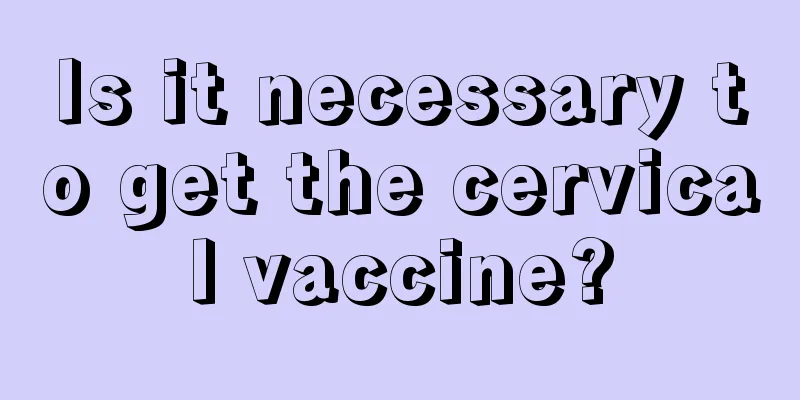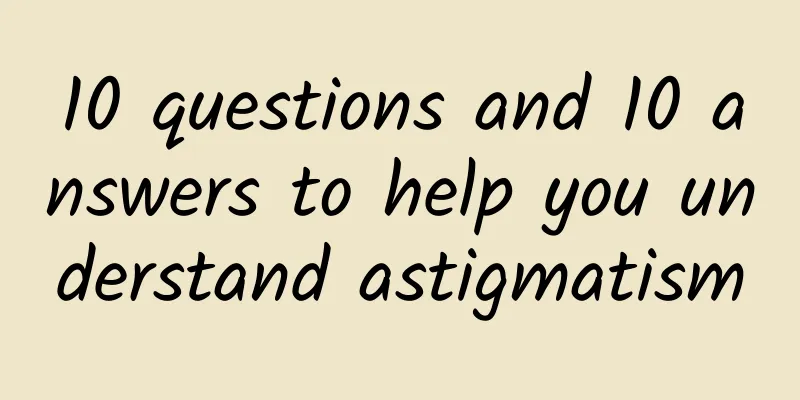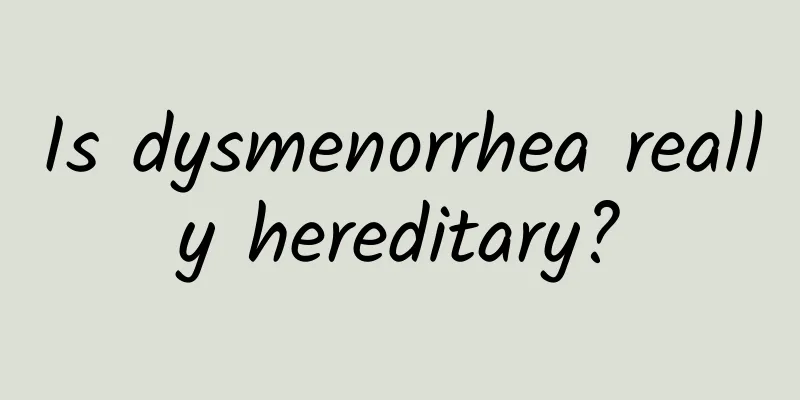Is it necessary to get the cervical vaccine?

|
In real life, there are three types of cancer that women are prone to. The first is cervical cancer, the second is ovarian cancer, and the third is breast cancer. From the names of these three cancers, we know that these cancers are all related to special organs in the female body. This means that in life, women must protect the health of these parts. So, is it necessary to get the cervical vaccine? From a medical point of view, the name "cervical cancer vaccine" is not accurate. It should actually be called human papillomavirus (HPV) vaccine. But 99% of cervical cancers are related to HPV infection. Therefore, if the transmission of HPV can be effectively controlled, the incidence of cervical cancer can be effectively reduced. Therefore, HPV vaccine is also called cervical cancer vaccine. HPV is a general term for a group of DNA viruses that are epithelial (infect the skin or mucous membranes). There are more than 100 types of HPV, of which about 40 are genital epithelial HPV. People infected with HPV usually have no symptoms, so it can be easily spread through reproductive contact. When we are infected with HPV, in 90% of cases, our immune system will silently clear them out within 2 years without us noticing. However, it must be pointed out that our immune system, like the Maginot Line, is not impregnable, so some HPVs can still "illegally immigrate" into our bodies. The special thing about HPV is that different types cause different diseases. For example, although there are many types of influenza viruses, they only cause influenza and not other diseases. In addition to causing cervical cancer, HPV can also cause a variety of different diseases such as genital warts and anal cancer. Depending on the degree of cancer risk it causes, HPV can be divided into high-risk HPV (causing cervical cancer, anal cancer, vulvar cancer, vaginal cancer, etc.) and low-risk HPV (benign lesions such as genital warts). In addition, cervical cancer vaccines are not a panacea. Although cervical cancer caused by high-risk HPV-16 and HPV-18 accounts for 70% of HPV infection-related cervical cancer, the 30% of cervical cancer caused by other high-risk HPV types is not within the prevention scope of these two vaccines. In addition, low-risk HPV types other than HPV-6 and HPV-11 cause genital warts and are not prevented by the vaccine (however, the proportion is relatively small, only 10%). |
<<: How to stimulate girls' physiological reactions?
>>: Does getting rabies vaccine affect having children?
Recommend
Does pregnancy with scanty menstruation affect the baby?
Some women usually have less menstrual flow and w...
Causes of cervical bleeding on touch
Gynecological diseases mainly occur in married wo...
Can pregnant women take vitamin C tablets?
Postpartum women can take vitamin C because vitam...
What to eat in spring to make your breasts bigger
In life, it is not difficult to find that most of...
Can people with yang deficiency eat Ganoderma lucidum? What should they pay attention to?
Many women will experience various symptoms such ...
What kind of inflammation is it that causes women’s dirty menstruation?
When women have their period, the most obvious sy...
Does hysterectomy have a big impact on women?
The uterus is the most important organ for women ...
What is the reason for lower back pain after IUD removal?
If you want complete birth control, men can choos...
How to decorate the living room without a suspended ceiling? Will the living room look ugly without a suspended ceiling?
We all know that home decoration is a complicated...
[Dietary knowledge] What are the effects of chili peppers?
Chili pepper is a food rich in vitamin C in our l...
What are the characteristics of tumor “immune bodies”?
The first type: People who sweat a little every d...
What is cervical erosion?
Do women understand what cervical erosion is? In ...
What foods can help teenage girls develop breasts?
Everyone knows that girls' breasts develop qu...
What should I do if I want to have a baby after menopause?
Wanting to have a baby after menopause is a commo...
There is a cure for those who always have trouble sleeping! Experts give 7 simple and effective dietary nutrition suggestions!
Sleep disorders are common physical functional di...









